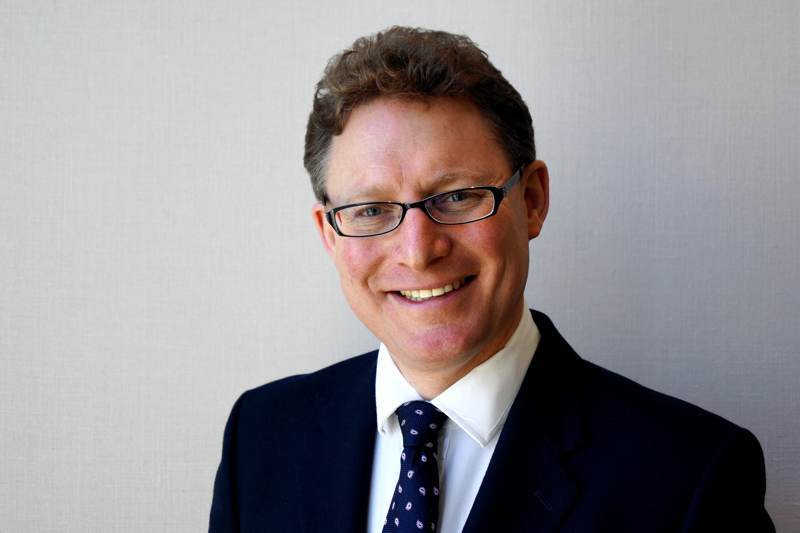The global risk transfer industry will prove vital in how society is going to manage and orchestrate an orderly transition to a low carbon economy, according to Rowan Douglas, Head of the Climate and Resilience Hub at Willis Towers Watson (WTW), and Chairman of Willis Research Network.
 Reinsurance News spoke recently with Douglas around the 26th United Nations Climate Change conference (COP26) held in Glasgow, designed to accelerate actions towards the aims of the Paris Agreement and the UN Framework Convention on Climate Change.
Reinsurance News spoke recently with Douglas around the 26th United Nations Climate Change conference (COP26) held in Glasgow, designed to accelerate actions towards the aims of the Paris Agreement and the UN Framework Convention on Climate Change.
“Risk transfer and everything related to it: risk modelling, risk management, risk governance, is in some ways, the heart of how society is going to manage and orchestrate both an orderly transition to a low carbon economy, as well as resilience for exposed communities including in developing countries,” said Douglas.
At COP26, Douglas expects some big progress to be made on how the financial system increasingly discloses transition and physical climate risks, in both quantitative and coherent ways.
And, as soon as this risk is properly identified, the next step is to manage and share it.
“But to share it, you need sustainable risk sharing pools. Those could be traditional insurance industry pools of particular companies, or it could be catastrophe bonds and that market, or it could be the wider public-private system.
“But, ultimately, the beauty of risk pools is that they require sustainable governance at both a micro and macro level, and they need to have a stability that can be predicted and relied upon not just in the short-term, but in the years ahead,” said Douglas.
Of course, insurance and reinsurance market participants know too well the importance of adequate protection, but the nature of insurance means that the benefits can often be overlooked by governments.
However, according to Douglas, there’s been an important change in the political and wider economic sentiment, with insurance increasingly being viewed as something far more structural and important than just as pure risk transfer.
“The great thing about insurance thinking is it can allow society to make rational decisions, which of course may bring challenges for particular exposed communities. But at least it allows us to be in control and to provide help and assistance, either to a community that’s going to be struck by an industry that’s going to no longer flourish, or a geography that’s going to be suffering.
“Through insurance-related thinking we can find ways of helping to enable those exposed livelihoods and those exposed lives to be managed in advance of the challenges actually occurring. And for society to find ways of sharing that collective challenge, and it is a collective challenge,” said Douglas.
As highlighted by Douglas, improved climate risk disclosure is a vital part of the puzzle, and while currently he feels it does not go far enough, he stressed that the travel of direction is promising as markets focus on confirming the quantitative metrics and methodologies, as well as assimilating the appropriate data.
“We take for granted the fact that insurers know, in their underwriting portfolios, what’s in those portfolios, they know where the buildings are, what they’re made of etc. Because the industry went through a 25-year journey of collecting that information when we discovered catastrophe modelling. But it took a while for the industry to integrate those methods and metrics and data capture of their clients’ details, to allow us to do what we do.
“But now, the wider financial system is having to go through the very same process and integrate that into their operations, like we did. We’re so much further ahead than the wider financial system, so our job is to help them do that,” said Douglas.


